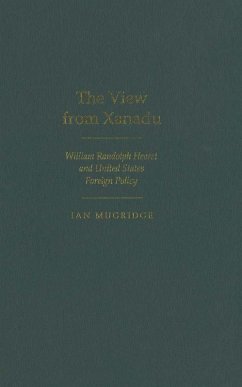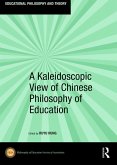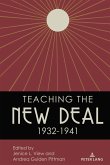Hearst is usually remembered as a flag-waving, jingoistic patriot who was anti-British, anti-French, anti-Oriental - anti almost everything except the United States. He was regarded as an admirer of Hitler and Mussolini, and a staunch isolationist who believed that minimizing American contact with the rest of the world was the only sure way to achieve security. Using all the journalistic apparatus at his disposal, Hearst trumpeted his views about the conduct of other nations and peoples and, more particularly, about the conduct of his own country in relation to them. The Spanish-American War of 1898 was often described as "e;Mr Hearst's war"e; because of the role he apparently played in pushing the United States into it. Mugridge investigates Hearst's journalistic tactics, which seldom varied, and concludes that ultimately Hearst's flamboyant style militated against his being taken seriously by those responsible for the nation's affairs. Exploring the personal side of this very public figure, Mugridge argues that Hearst was a far more complex individual than previous biographers have assumed. He probes beneath Hearst's largely self-created image to delineate the aspirations, anxieties, and vanities that led Hearst to embrace and advance his positions on U.S. foreign relations.
Dieser Download kann aus rechtlichen Gründen nur mit Rechnungsadresse in A, B, BG, CY, CZ, D, DK, EW, E, FIN, F, GR, HR, H, IRL, I, LT, L, LR, M, NL, PL, P, R, S, SLO, SK ausgeliefert werden.









